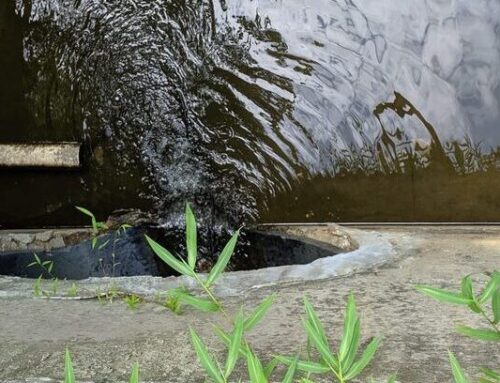Did you know the Center for Watershed Protection has a national research agenda for watersheds?
Some of you may know us for our consulting-style work helping communities in the Chesapeake Bay watershed, or for our training institutes and webcasts, but the Center is also an organization with a mission that includes research to better understand the effects of land use activities on water resources and to develop best practices to prevent and mitigate these impacts. This research provides the technical and scientific foundation to support all of our other work.
In a tradition begun by our former ED Tom Schueler, we regularly publish a research agenda that identifies key watershed issues and we encourage policymakers, scientists and funders to direct resources and attention to them.
Our list of research priorities for the next five years is provided here for download. While there are many other topics that are also important, this list represents the highest priority needs identified through surveys of our audience and stakeholders and our own observations as national experts in stormwater and watersheds. Each has important practical implications for watershed protection and restoration nationally.
The Center is actively fundraising for these research projects. If you are interested in collaborating or contributing to one of these concepts, please contact Karen Cappiella, Director of Research, at 410-461-8323 ext. 3203 or kc@cwp.org.
 Karen Cappiella, Director of Research at the Center for Watershed Protection, has over 13 years of experience providing technical assistance and guidance to communities on responsible land and water management techniques. She conducts applied research on topics related to watersheds and stormwater to better understand the influence of land use change on water resources and how best to prevent or mitigate these impacts. Karen is co-editor-in-chief of the Center’s peer-reviewed journal Watershed Science Bulletin and edits the Center’s e-newsletter Runoff Rundown. Her areas of interest include protecting forests and wetlands through watershed planning, use of GIS to analyze land cover impacts and costs and benefits of water quality management practices for MS4 and TMDL compliance. Karen is trained in various field methods and has extensive project management experience. She has a B.A. in Geography from Millersville University and an M.A. in Geography from East Carolina University.
Karen Cappiella, Director of Research at the Center for Watershed Protection, has over 13 years of experience providing technical assistance and guidance to communities on responsible land and water management techniques. She conducts applied research on topics related to watersheds and stormwater to better understand the influence of land use change on water resources and how best to prevent or mitigate these impacts. Karen is co-editor-in-chief of the Center’s peer-reviewed journal Watershed Science Bulletin and edits the Center’s e-newsletter Runoff Rundown. Her areas of interest include protecting forests and wetlands through watershed planning, use of GIS to analyze land cover impacts and costs and benefits of water quality management practices for MS4 and TMDL compliance. Karen is trained in various field methods and has extensive project management experience. She has a B.A. in Geography from Millersville University and an M.A. in Geography from East Carolina University.






